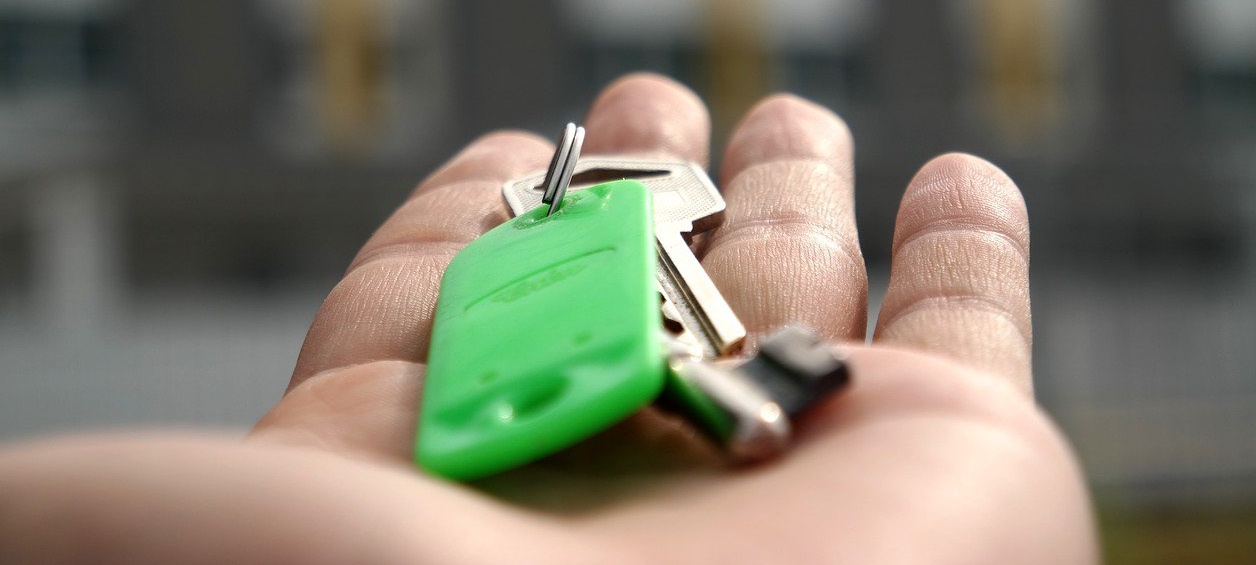Is it Better to Rent or Buy? The Answer Might Surprise You
If you’re torn over whether to rent or buy your next home, you’re not alone. While being a homeowner has many benefits, home ownership is not necessarily the slam-dunk decision it used to be.
It may be better to rent if you're planning to move within a few years, if you can't put down a sizable down payment, or if it would cost you less to rent a comparable home in your area. Let's dig in a little deeper.
When you’re spending most of your income on your mortgage, property taxes, repairs, insurance, and Home Owners' Association (HOA) fees, being part of the American dream may not be all that it’s cracked up to be.
On the other hand, it's hard to ignore the strong emotional pull many people feel toward home ownership. So how can you get a more a more detached and logical answer about the rent v. buy question?
Calculate the value of renting v. buying
Our pals over at The New York Times have created an interactive calculator that takes you through a series of steps to help you determine if you should rent or buy your next home. This is by far the best online mortgage calculator we've come across.
This calculator takes away the guesswork and theoretical discussions about which option is best, and instead uses real numbers to help you decide.
For example, if you’re looking at a house that costs $448,000, and you only plan to stay there for eight years, the tool will tell you if you can rent a similar house for less than you'd be paying for your mortgage.
Not only does the calculator help keep a tally of the most common expenses of owning and renting, it also shows you what kind of return you could have earned if you'd invested rather than putting money toward a down payment.
If you don’t have a particular house in mind, take a look at your local real estate listings to get a sample home price for your area. You can use this as a starting point to get an idea of the value of owning a home vs. renting in your neighborhood.
Then, use the calculator to help you analyze the pros and cons of each.
See also: Is a House a Good Investment? Pros and Cons to Consider
What you need to consider before you make a decision
Unlike online mortgage calculators that often only show you how much you’re likely to pay each month, this tool allows you to input variables including:
- Cost of the house. Back in simpler days, this used to be the only thing that mattered. Now, it’s only one part of the puzzle.
- How long you plan to stay. If you’re looking at buying a home for the short-term, you might be better off renting. The true value comes when you stay for an extended period of time.
- Interest rates. The rates you lock-in at when you purchase make or break your monthly payment. Interest rates are expected to rise this year, so don't count on being able to refinance for a lower rate any time soon.
- Down payment. How much you can put down on a house will significantly impact your monthly payment and the terms of your loan.
- Length of your mortgage. The longer the term, the more you will pay in interest. That’s why it’s important to know ahead of time if your goal is a smaller monthly payment (usually comes with a 30-year mortgage) or a higher payment and shorter length of time paying (15-year mortgage, for example).
- Home-price growth rate, rents, and stock prices. This part of the calculator takes into consideration the home price growth rate, inflation, and investment return rate (if you end up renting instead of buying, the goal would be to invest the money you had saved for a down payment).
- Property taxes. If you’re going to own, you’re going to pay property taxes each year. Make sure you can afford them.
- Closing costs. The amount you owe at closing can be significant and you can choose to either pay it in full or add it to the loan.
- Maintenance and fees. This is the one area where owning and renting are clear-cut. If you own, get ready to set aside a chunk of money to cover maintenance fees and any emergencies (such as needing to replace your entire roof). When you rent, you have a landlord to call who will take care of these expenses.
- Costs of renting. Remember that renting does include more than just your monthly payment. You have to account for a security deposit and renters insurance.
What the calculator is missing
While this tool is helpful when looking at the raw numbers, it does not take into consideration the comfort that can come from owning your own home. For many, having a place to call your own is about pride and a sense of accomplishment.
It’s also about having the piece of mind knowing that you can put down some roots and raise a family. This can be accomplished as long as you’re willing to only buy what you can afford — and possibly settle for a little less.
Are you considering buying a home? Do you need cash for your down payment? Refinancing your student loan can be a great way to free up some extra money.

